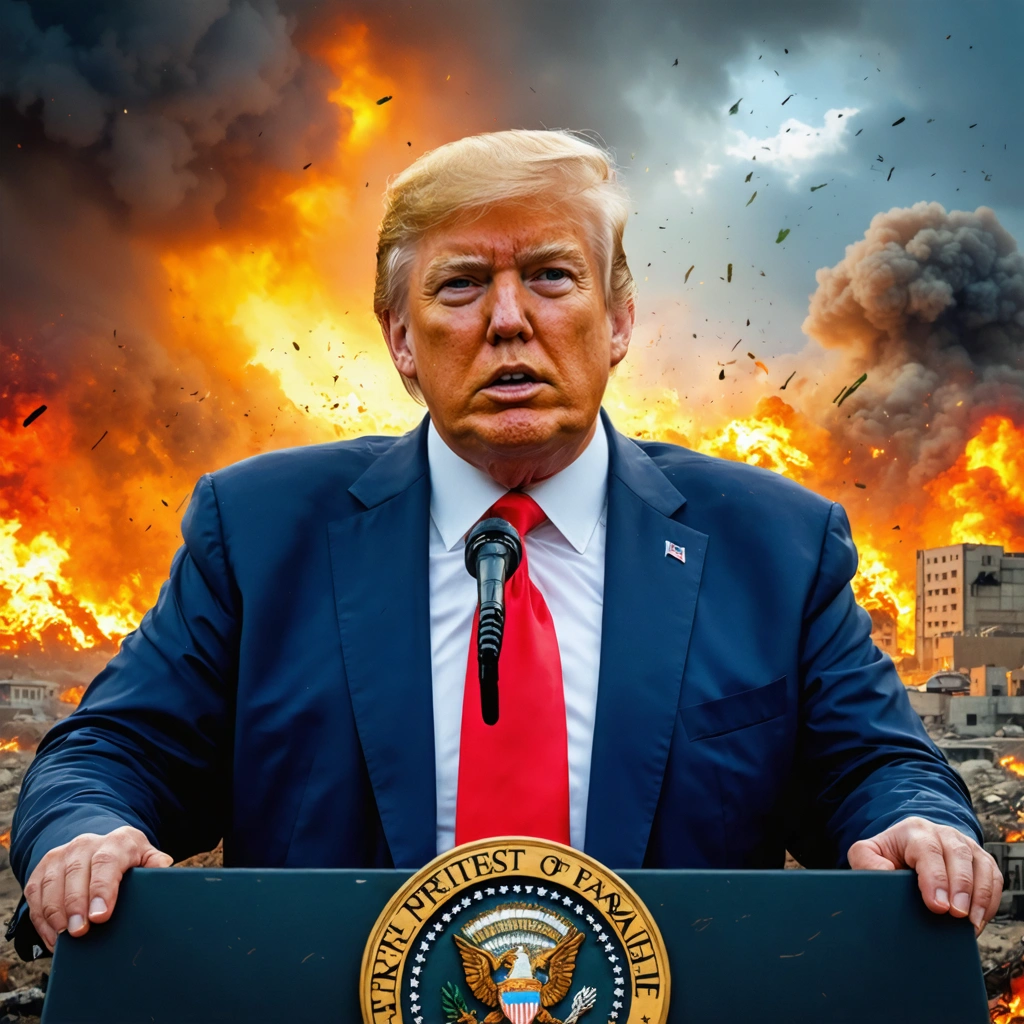
Introduction
Amidst rising tensions and an unsettling political climate, former US President Donald Trump has recently issued a stern warning to Hamas, the Palestinian militant group, while the United States simultaneously holds unprecedented negotiations concerning the release of captives held in Gaza.
The Warning to Hamas
Trump, known for his strongly-worded pronouncements, has never shied away from expressing his stance on the volatile Middle East situation. He has now turned his attention to Hamas, cautioning the group against any ill-conceived actions that could escalate the already precarious situation.
Details of the Warning
The details of Trump’s warning remain somewhat veiled, with the former President choosing his words carefully. While the specifics have not been made public, it is clear that Trump has communicated his message to Hamas, demonstrating the gravity of the situation and the seriousness with which the US is addressing it.
The Unprecedented US Talks for Gaza Hostages
Alongside this warning, the United States Government is undertaking an unprecedented approach to dealing with the issue of hostages in Gaza.
Characteristics of the Talks
The negotiations are marked by their directness and unapologetic approach. The US has shown a strong commitment to securing the release of its citizens, even if it means engaging in negotiations with groups like Hamas that it has traditionally shunned.
Implications of the Talks
While this new approach may seem controversial, it represents a shift in the United States’ approach to international negotiations and hostage situations. This strategy could potentially open new doors for diplomacy and conflict resolution in the region, although it also risks legitimizing Hamas which is recognized as a terrorist organization by many countries, including the US.
Conclusion
Trump’s warning to Hamas and the engagement of the US in negotiations for the release of Gaza hostages mark a significant turn in the United States’ Middle East policy. Whatever the outcome, these developments demonstrate a shift in strategy that could have far-reaching implications for the region, US diplomacy, and the global stage.



